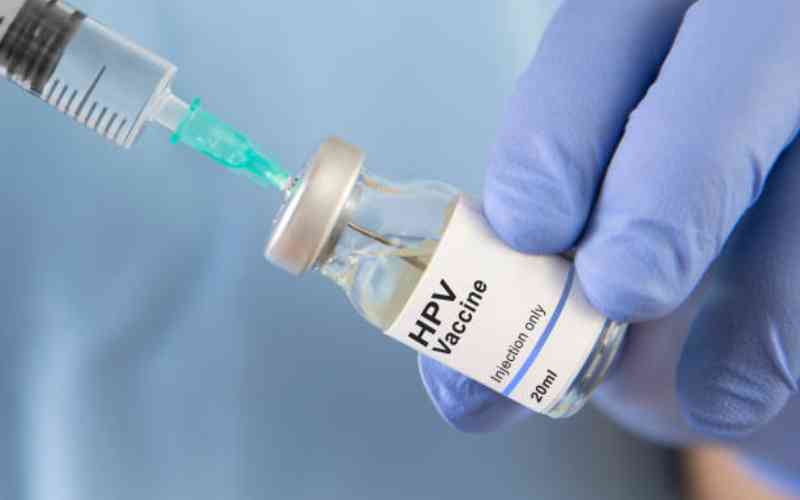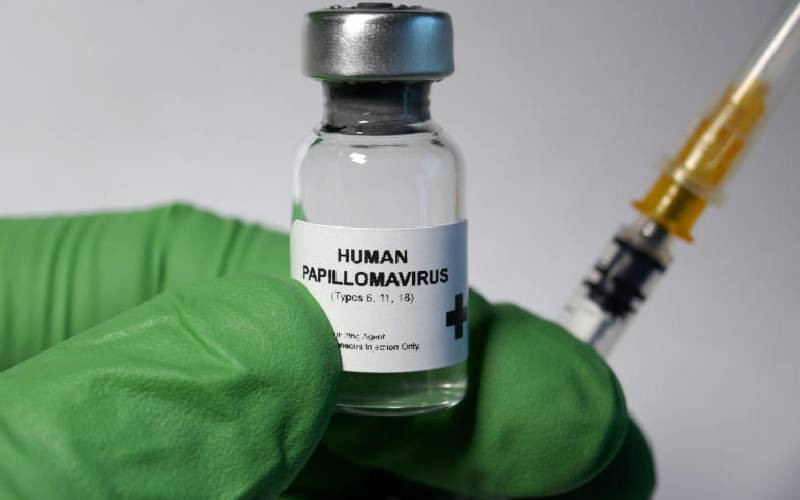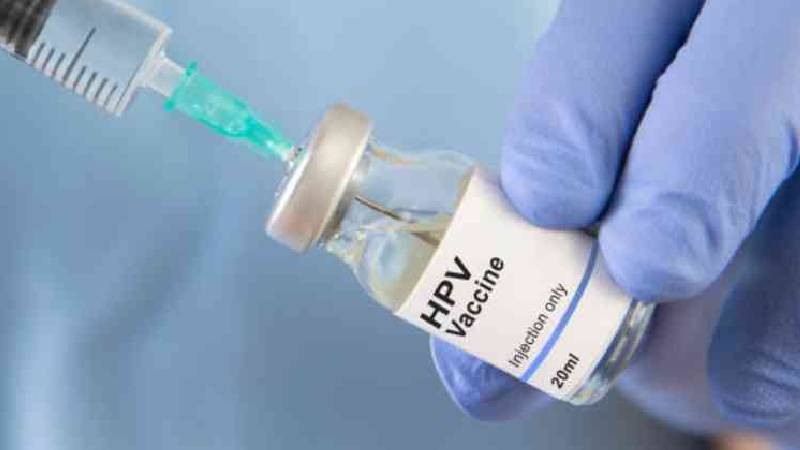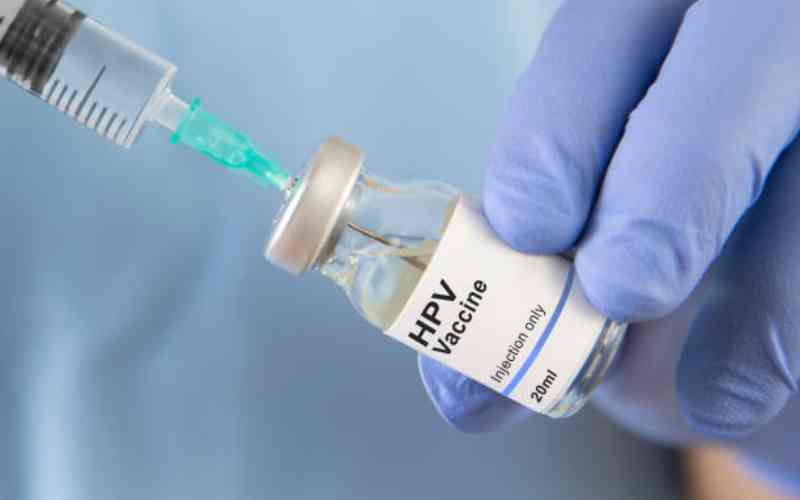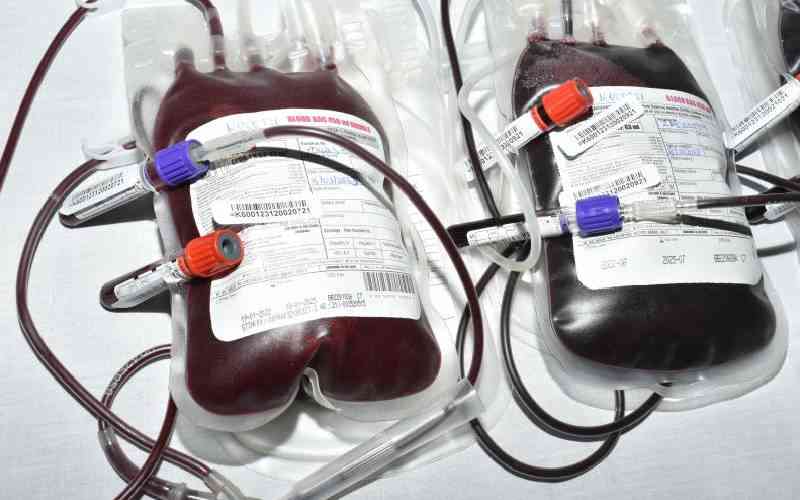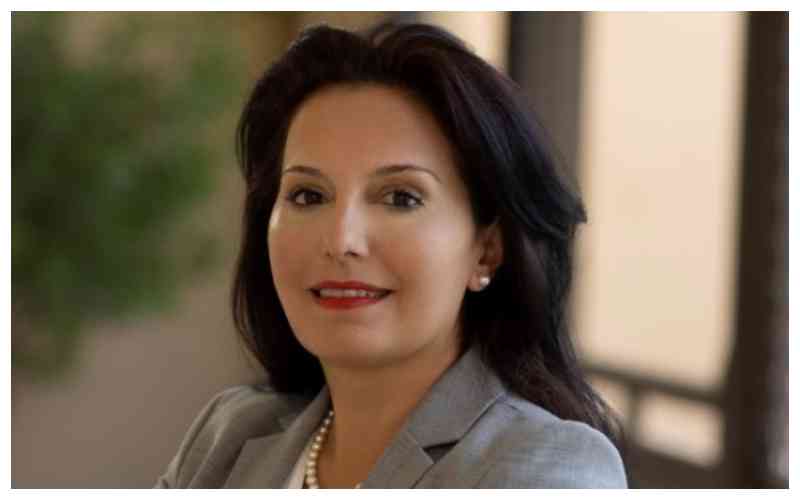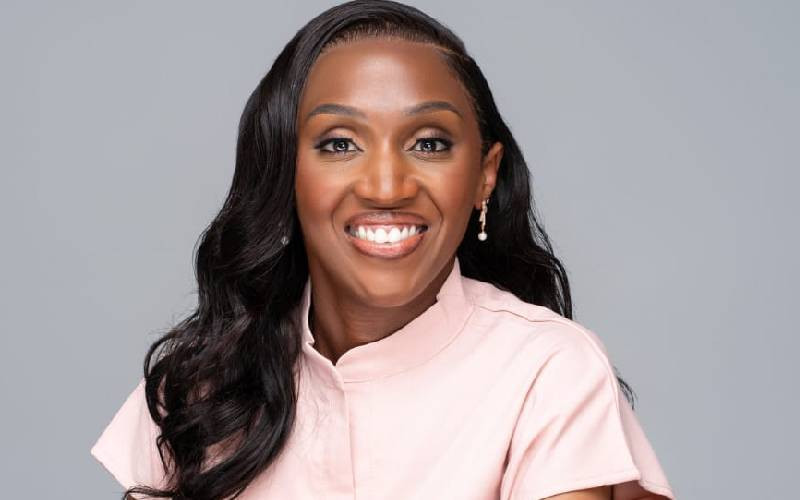
Many people desire to enhance their physical appearance, be it much firmer breasts or a tighter tummy. Others are eager to get rid of ugly scars gained from accidents or surgical procedures, such as a mastectomy. Nevertheless, the idea of plastic surgery for the enhancement of the body has been considered a taboo in Kenyan society for a long time.
While there have been real concerns about the risks involved in plastic surgery, myths are the major impediments preventing individuals from reaching their physical appearance goals or regaining their lives after accidents and medical procedures. Fortunately, social media is increasingly demystifying myths about plastic surgery and the risks involved.
Now, people who wish to undergo various plastic surgery procedures can easily get in touch with experts in an open space where stigma is replaced by candid expert advice and empathy.
Social media platforms aim to revolutionise the plastic surgery industry by connecting individual surgeons and clients seamlessly and transparently. It allows individuals to share their plastic surgery journeys with their followers, boosting their connectivity and earning trust and confidence.
Surgeons can showcase their work on social media platforms, chief among them Facebook and YouTube. They can attract new clients, receive feedback and get ratings from influencers. This means that social media has presented a rare win-win situation for surgeons, influencers, and individuals who people who would desire to undergo plastic surgery.
Since social media is, by nature, global, individuals can access expert input from internationally certified professionals and actively participate in debates and discussions and air their concerns. In the end, they can single out truths from the numerous myths surrounding plastic surgery.
According to research, 60 per cent of social media users trust posts by doctors over any other group. Additionally, 80 per cent of social media users have looked for health information online regarding diseases, procedures and healthcare professionals. The data means that social media presents a myriad of opportunities for plastic surgeons to provide expert advice, raise awareness about surgical procedures, and get new clients.
When done right, social media creates emotional connections, gives patients a sense of belonging, community, and ownership. It also positions the surgeon as the expert while informing and educating the patient. Thus, it makes damaging myths powerless while giving individuals a chance to choose professional guidance over wild guesses from quacks. Further, it opens up business opportunities, especially for private practice plastic surgeons.
Social media will continue to shape the narratives and discourse since the modern world has become a tech-savvy and very dynamic in nature. Still, social media narrows the social gap between the professional and the patient. For instance, research shows that more people would prefer to see the private life of a plastic surgeon displayed on the professional social media page than individuals who would rather not. In the end, social media transforms the plastic surgery world into a more social space. Nevertheless, it is all not all rosy as far as the relationship between social media and the plastic surgery industry is concerned.
There is potential for damage to professional image and breaches to patient privacy, as well as blurred boundaries with patients. Moreover, there are ethical concerns, including the use of false information as part of the marketing strategy.
Plastic surgeons who use social media agree that professional standards may vary according to a plastic surgeon’s geographic region, patient demographics, and type of practice. The majority of users and nonusers alike agreed that ethical and/or professional violations by plastic surgeons on social media are a significant threat to the speciality.
Both users and nonusers agree that plastic surgery residents should receive training on social media. Still, social media has more benefits than drawbacks for patients, plastic surgeons, and everyone else involved. When taken together, social media can be a powerful tool to engage and educate the public, as well as marketing to increase the revenue of one's practice simultaneously.
Plastic surgeons must be open to incorporating various social media platforms into their practices. They have a proud history of innovation and leadership and should lead by example in the professional and ethical use of social media.
The writer is a plastic Surgeon and a council official at the Kenya Society of Plastic, Reconstructive and Aesthetic Surgeons (KSPRAS)
 The Standard Group Plc is a multi-media organization with investments in media
platforms spanning newspaper print
operations, television, radio broadcasting, digital and online services. The
Standard Group is recognized as a
leading multi-media house in Kenya with a key influence in matters of national
and international interest.
The Standard Group Plc is a multi-media organization with investments in media
platforms spanning newspaper print
operations, television, radio broadcasting, digital and online services. The
Standard Group is recognized as a
leading multi-media house in Kenya with a key influence in matters of national
and international interest.

